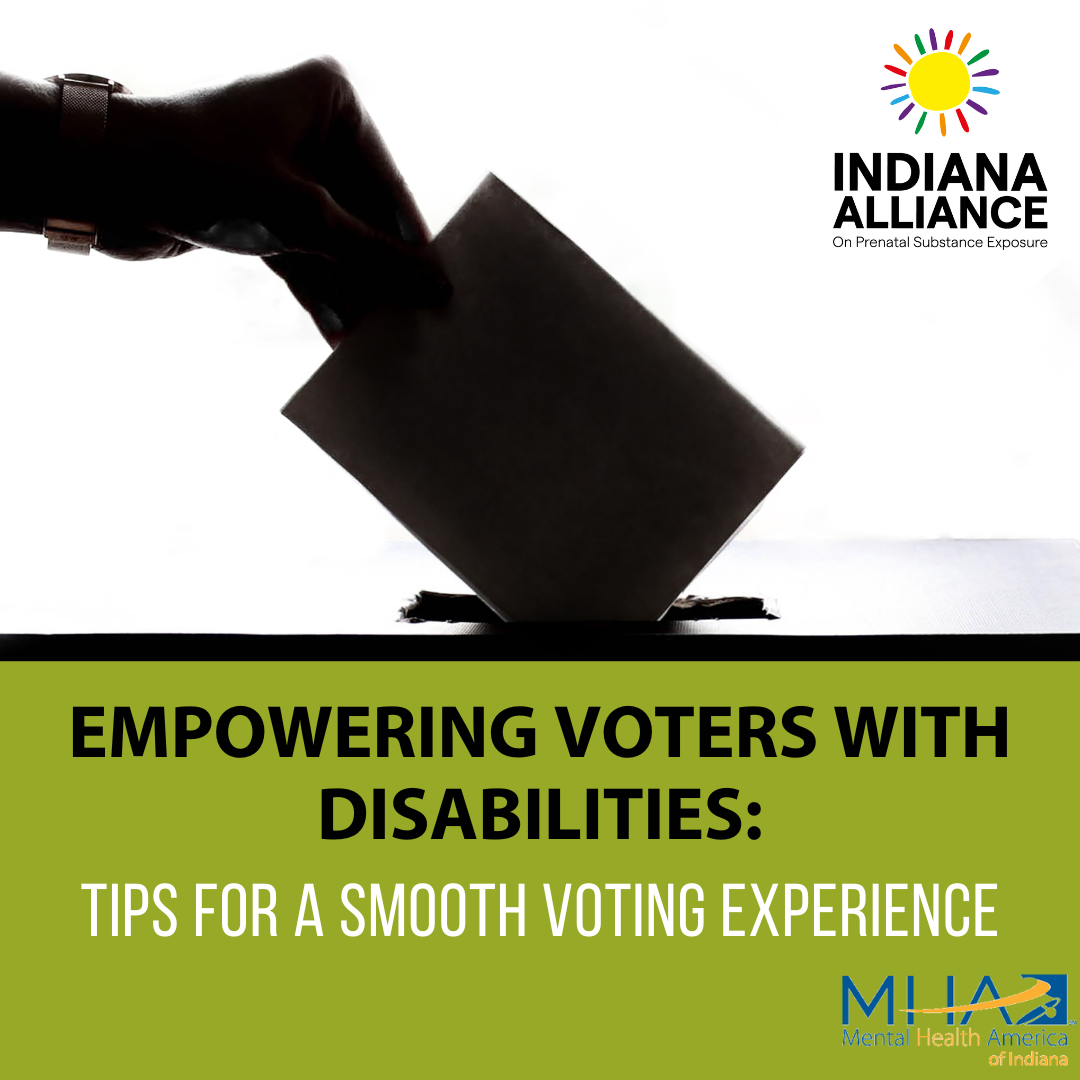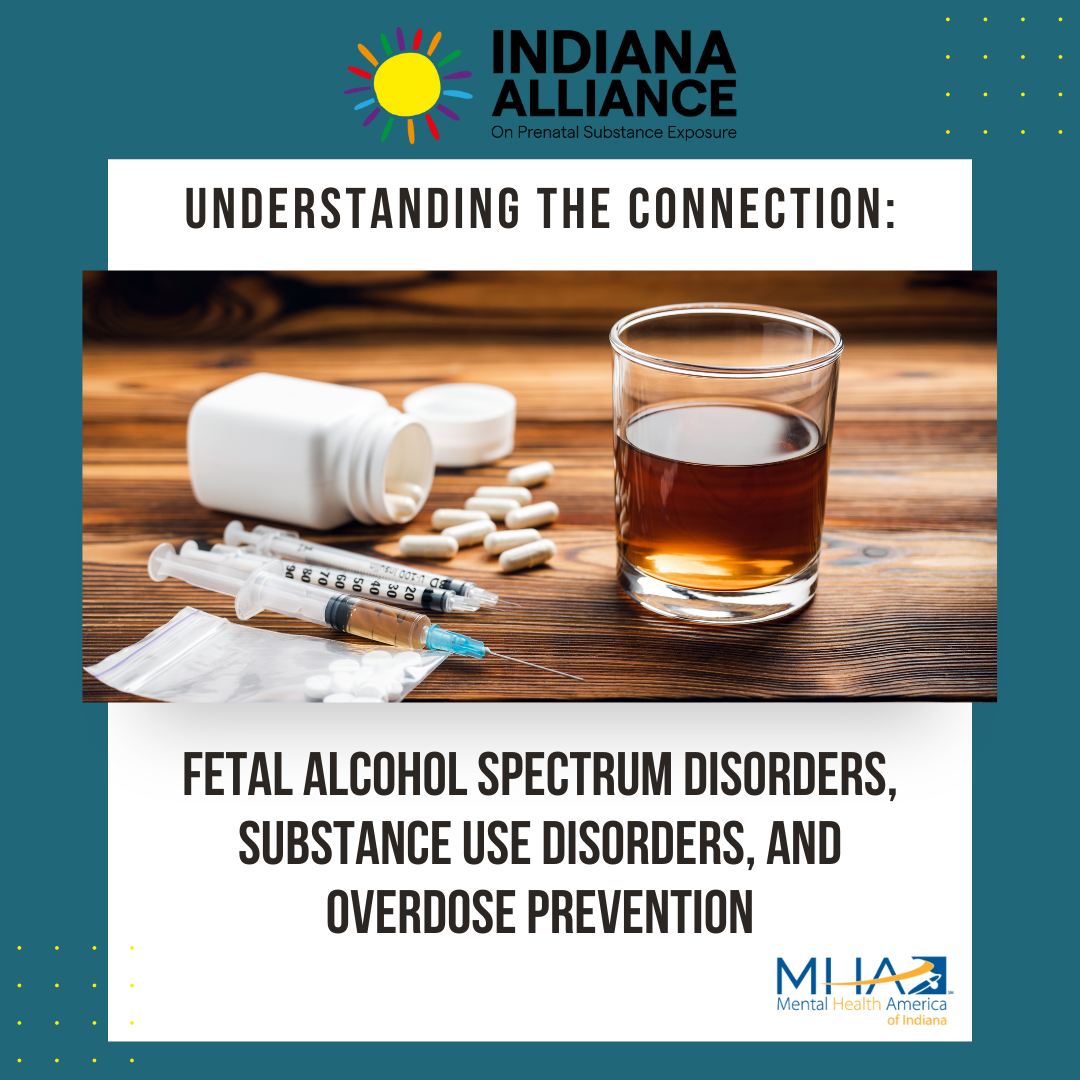
The dating scene nowadays is like the wild west. If for no other reason neither the dating scene nor the wild west is as glamorous as it is perceived to be in the movies. Real life is messy, and in relationships we all bring different strengths and weaknesses to the table. Personally, I am horrible with details, cleaning, and getting the mail but I am also a great cook, love to garden, good at helping others navigate through difficult emotions, and a pro at binge watching streaming services.
The CDC estimates that one in seven pregnancies is exposed to alcohol and that as many as 1%-5%; of school children have a Fetal Alcohol Spectrum Disorder (FASD). Prenatal exposure to alcohol can impact many areas of a person’s development throughout the lifespan, but an individual with an FASD can have some tremendous strengths as well as some challenges in relationships with others, romantic or otherwise. The most important thing to note is everyone’s brain works differently and no two individuals prenatally exposed to alcohol are going to have the same lived experiences. The following strengths and weaknesses are generalizations based on research and in no way intended to represent every person with prenatal alcohol exposure.
FASD & Relationship Strengths
Strength and Resilience in the Face of Adversity
Because an individual with FASD has a brain that has developed differently due to alcohol exposure, each will face a unique set of experiences and challenges across their lifetime. Research shows that overcoming challenges leading to positive outcomes can increase an individual’s personal strength, resilience, and adaptation abilities and these are valuable skills to have in a partner.
Unique Gifts
Individuals with FASD are known to have unique strengths and gifts, and these will vary widely from person to person. According to FASCETS, strengths and interests include creative ability, artistic ability, musical ability, mechanical knowledge, willingness, determination, persistence, and athletics.
Many individuals with an FASD diagnosis have successful careers, own businesses, and even star in movies. Dating a “creative type” person can mean they enjoy writing songs, making cards or poems and they can be playful and full of energy.
Impulsivity is also a common characteristic of FASD, which when channeled in a healthy way can be exciting in a relationship… spontaneous vacation, anyone?
FASD & Relationship Challenges
Communication & Attention
Due to similar attention problems, FASD is sometimes mislabeled as ADHD and many of the attention deficits can be similar. An individual with FASD may not pay close attention to details, may have trouble listening for extended periods of time or to complex instructions. While this may cause problems in relationships because communication is important, asking your partner how and when they prefer to be communicated with can help alleviate some stress.
Bottling Up Emotions
Individuals with FASD may have difficulty expressing or controlling anger and frustration which can result in that individual being quick to anger and may lead to that individual showing aggressive behaviors when overwhelmed by emotions. Staying calm, compassionate, giving your partner space, and helping them talk through emotions can all be helpful strategies when coping with this challenge.
Finances
Many individuals with FASD have experienced struggles with math during their school days, and some adults with FASD experience difficulties in managing household budgets. In a relationship where you are sharing finances with your partner, they may prefer not to manage finances or may need specific organizational tools to assist them in doing so.
For More Information
Life is messy and relationships, regardless of an FASD diagnosis, are messy and a lot of hard work. With patience, compassion, understanding, and a little bit of luck I hope we can all have fulfilling relationships in this beautiful and neurodiverse world. Maybe you can enjoy an old time western with a special someone this Valentine’s Day.
More Resources:
Living with FASD
My Story: Living with FASD
BRAIN-online FASD Screening Tool
FASD Guide
Disclaimer
More research is desperately needed in this area, and we are eagerly awaiting completion of a Strengths in FASD study by our friends at CanFASD. Some interpretations were made by the author from existing data. This article should be used for general information purposes only and in no way to diagnose or stigmatize an individual with FASD.
Do you have an FASD or does your partner? Please share your experiences in the comments so we can all learn from each other!







